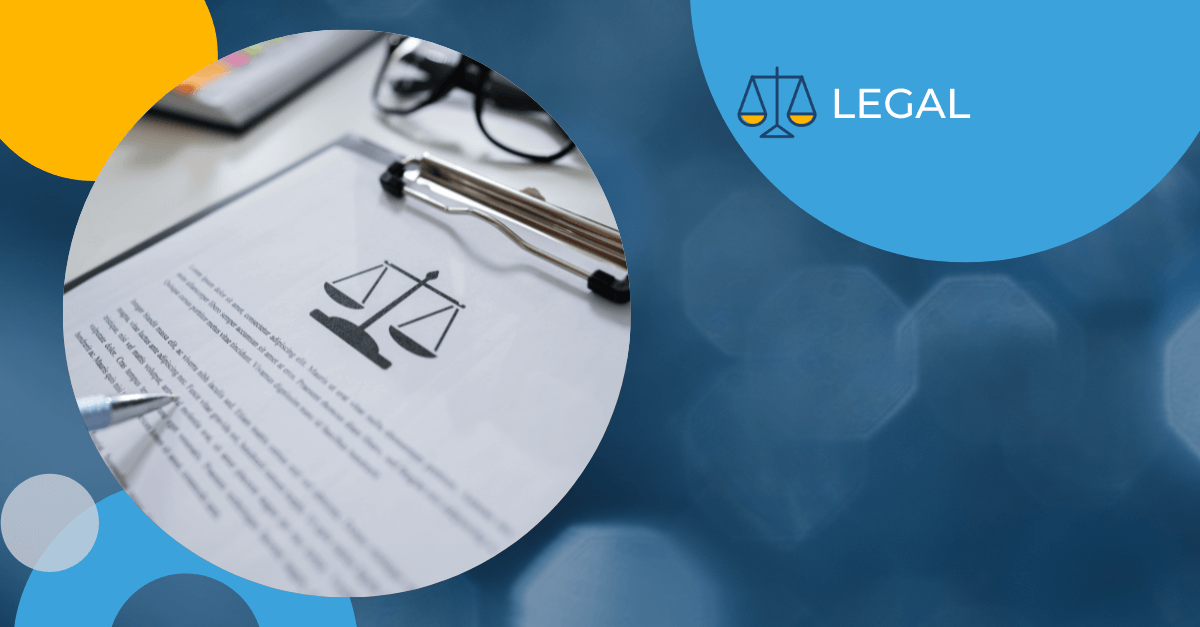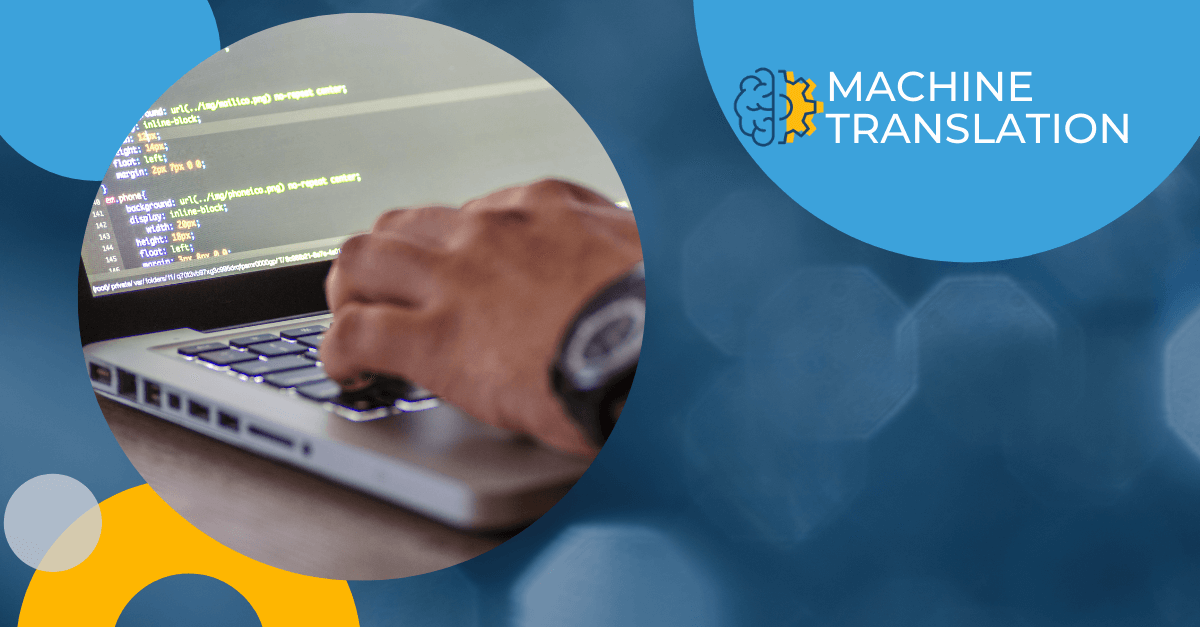Tag: Translator
Translating Legal Documents

Every type of translation requires a specific set of skills and expertise from the translator. For legal translations—which can range from translating a contract to translating thousands of foreign legal documents for a major litigation case—precision and accuracy is a must. The translation must be absolutely correct and accurately reflect both the meaning and intent of the source document. There must be no ambiguity in legal translation, nor can the translator “insert” words that were not in the original or paraphrase the text in any way.
But in translating legal documents, legal knowledge and expertise alone is rarely sufficient. Legal translations often deal with complex scientific and technical subjects, like biochemistry, engineering, and wireless technology. A translator must understand both the legal terminology and the related technical and scientific subjects of the document. A legal translator may have the perfect background to translate immigration documents, but be out of his league translating documents related to pharmaceutical litigation. That is why when Morningside selects legal translators for our clients’ projects, we insist that they have both an educational background and specific industry experience in the technical field or practice area of the documents in question. This is the first, but critical step, in ensuring a precise and accurate translation.
Get the latest insights delivered to your inbox
Machine Translations

Machine translations are also often referred to as automatic translations or non-human translations, which are produced by a translation service. A Machine translation can loosely be defined as a translation conducted by a computer, as opposed to a human translation, which is conducted by a translator. A machine translation will produce a document translation that is very different from a human translation produced by a translation service.
Often times, we hear the term machine translation used in the legal translation industry in reference to document translation. We are called upon to discuss the validity of a machine translation and to compare it to the translation service that a human may provide. Machines, or computers being referred to as machines, cannot possibly absorb all of the nuances and specialty knowledge base that is required for most legal translation matters.
To be sure, machines have revolutionized the world in a way that would not have been possible with humans alone. It is impossible to argue with the assertion that a machine can assemble car parts or portions of cereal more quickly and effectively than a human can. However, mechanical operations are precisely that and nothing more. Adding a precise and measured portion of cereal into a bag is all about measurements, a scientific measurement.
Translation, on the other hand, has very little to do with scientific measurement. Legal translation revolves around language and the attention to meaning and intention perceived in such language. A machine cannot possibly pick up on the difference between “like” and “as” and “such as”, for example. Ultimately, the use of machine translations to make a legal case is too risky an endeavor when considering the document translation at hand requires extreme care. As many legal cases rely on the meaning and understanding of one single word or phrase, a human translation is required to ensure that the sensitivity to that word or phrase is picked up on and adhered to.

